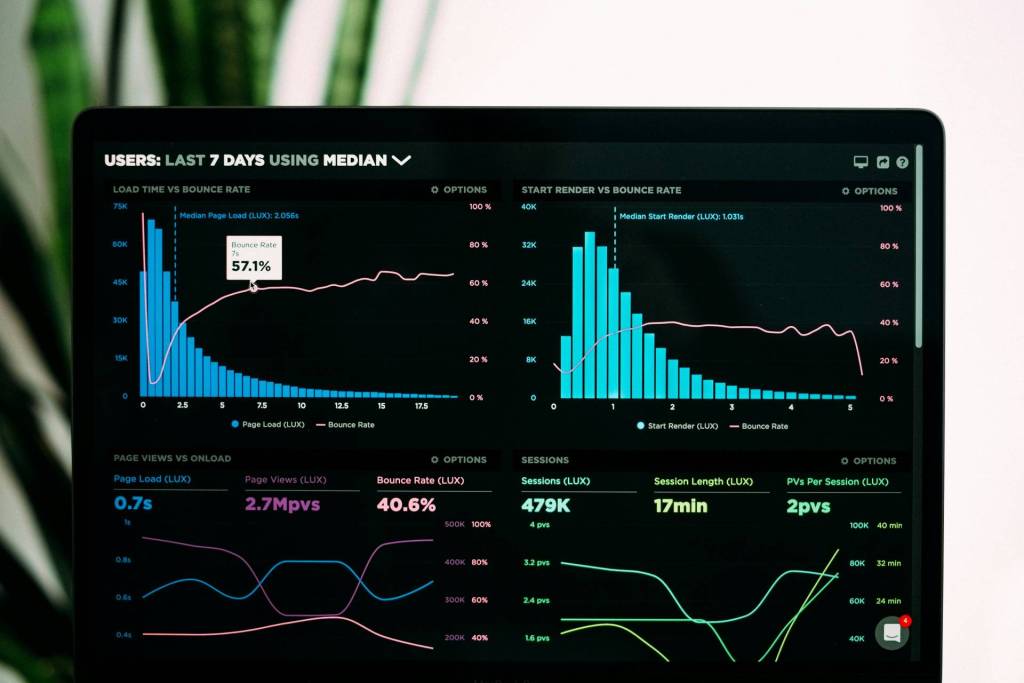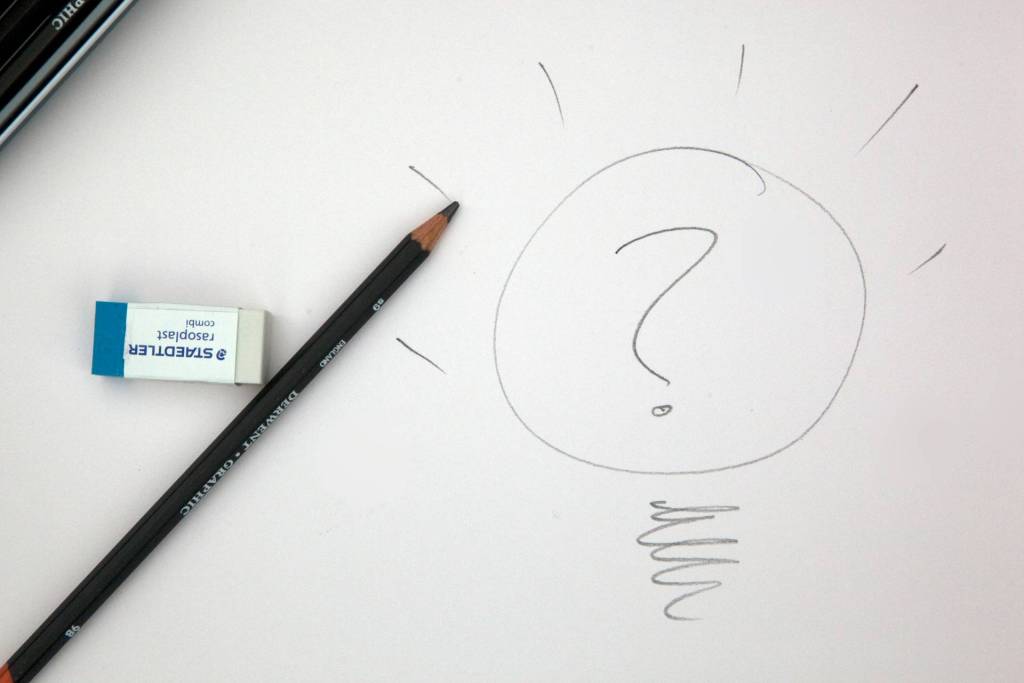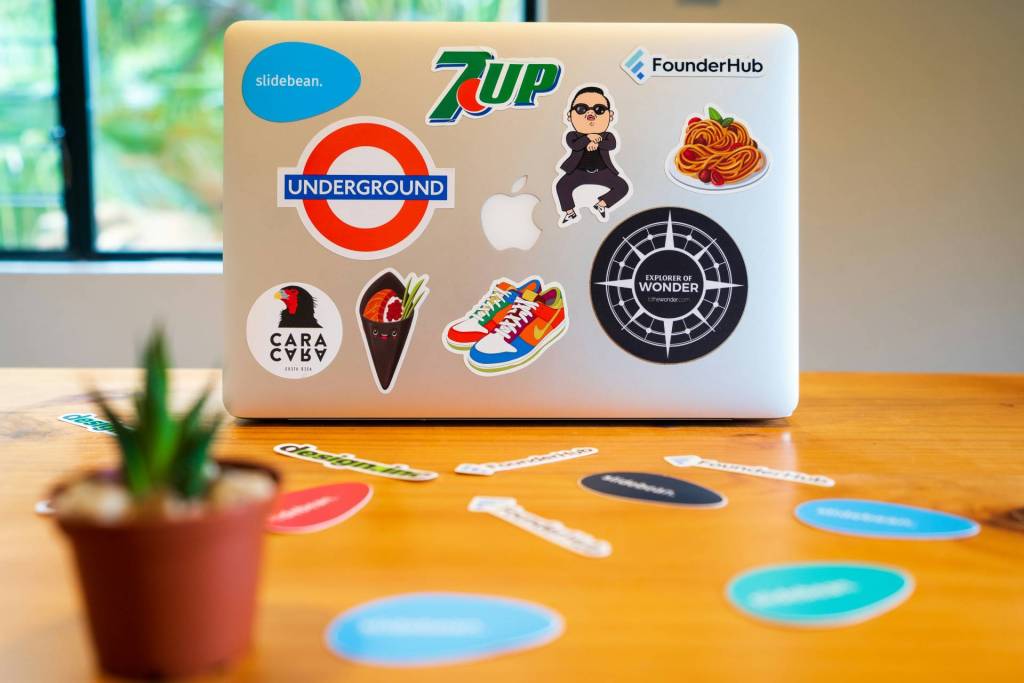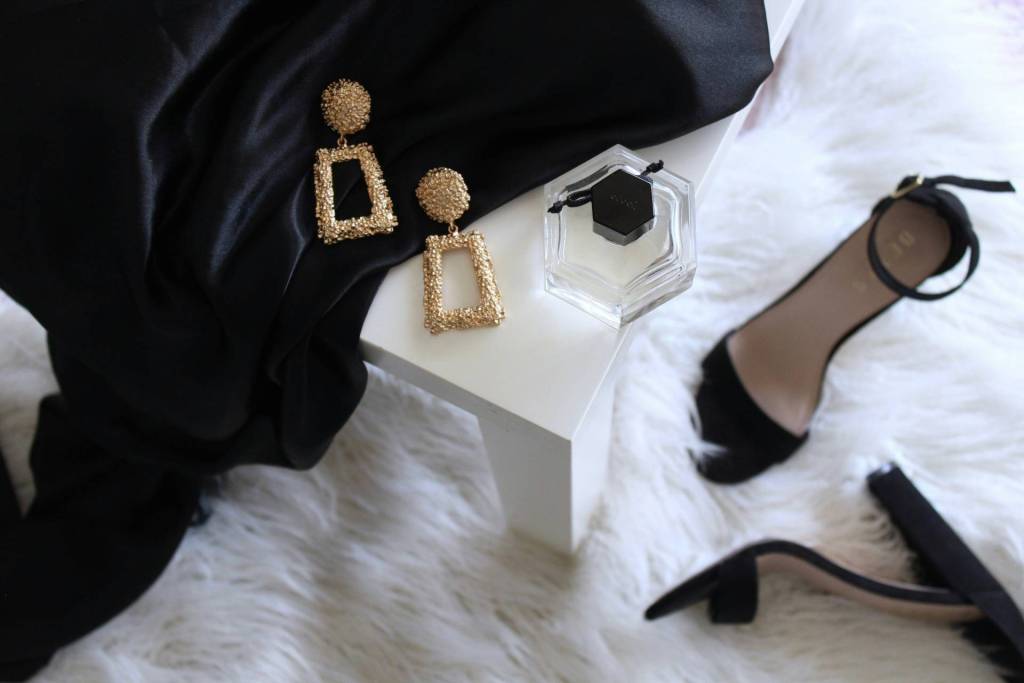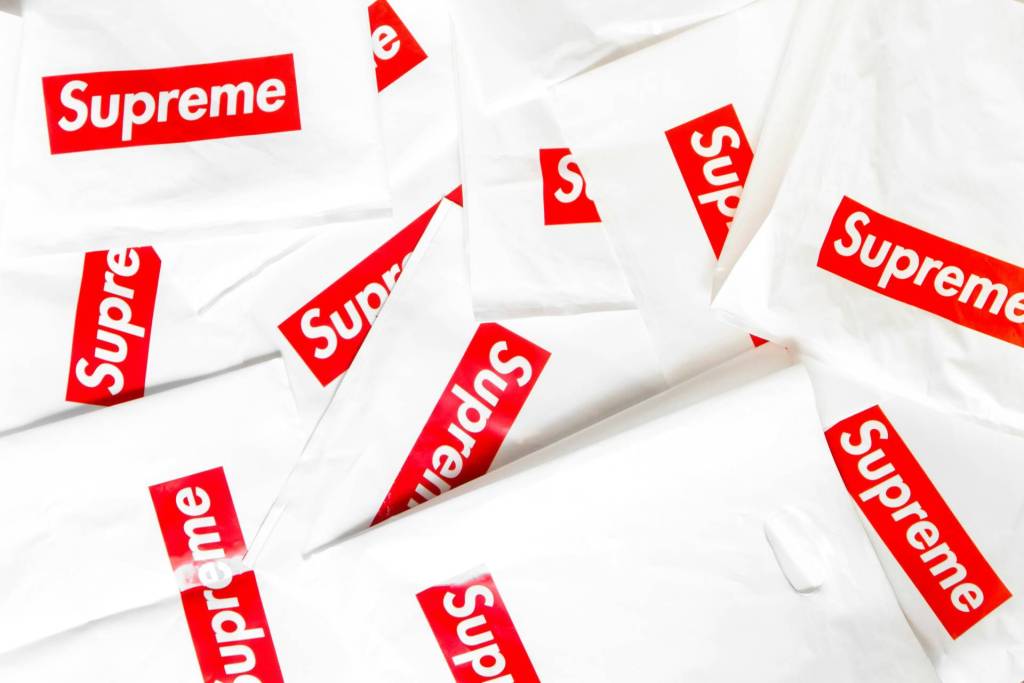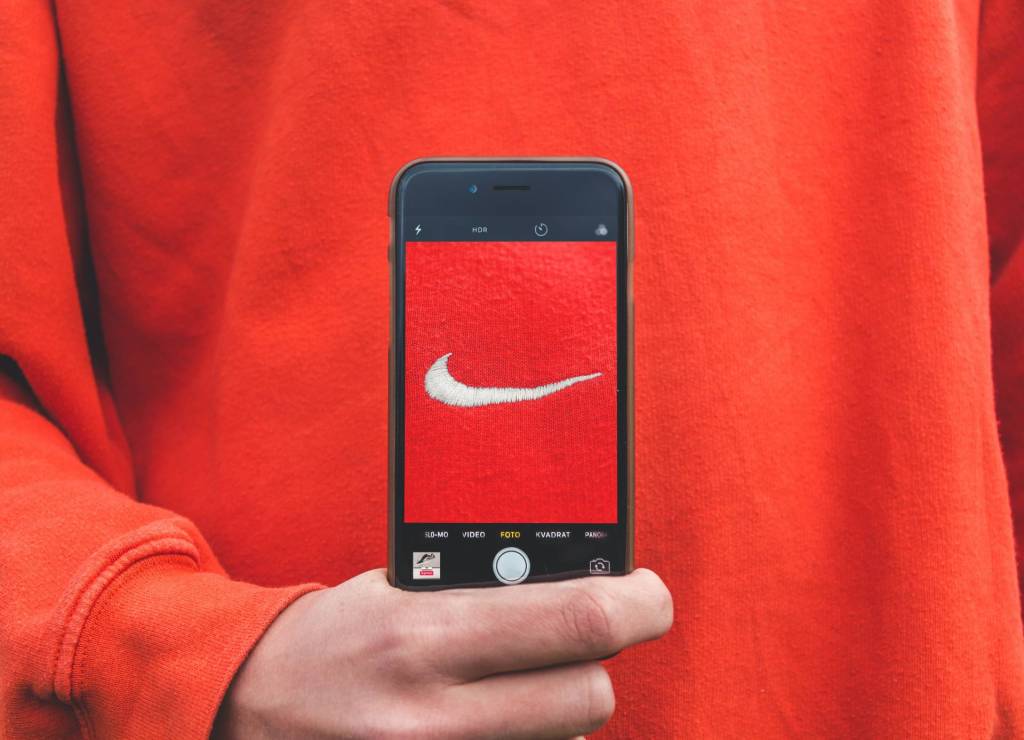Our virtual lives and the life we lead in reality are quickly becoming one. Most phones have cameras, some have a video feature and almost everyone you know has a computer with an internet connection. Furthermore, a lot of people have phones, such as the iPhone, that give you access to the internet even without a WiFi connection. If you really analyze what’s happening here, like I tend to do, you’ll notice that technology has lifted the gate that shields our private lives.
The Tiger Woods example
Tiger Woods is a great example of how rumors/truth can spread at a rapid pace, from reality to the internet and back. Just Google “Tiger Woods” and you’ll see what I’m talking about. News, especially in large quantities, outweighs other search results. In this case, Tiger’s fan page is beneath the news section. From the car crash to the voicemails heard around the world, Tiger’s brand was everywhere from the Jay Leno show to TMZ. To me, it was just another lesson in being open and honest upfront, rather than apologizing later. There’s a bigger consideration here though that you might have missed. Not one of Tiger’s ten endorsers, such as Nike, tore their contract with him after this scandal. Tiger’s clean track record before this event has allowed him to escape some major career obstacles. If this event happened again, things might change.
But I’m not a celebrity…
You might not be a celebrity, but if you’re active online, then you are a public figure. More people know about you than you’ve ever considered because of the networked world in which we live. From Facebook to Twitter to FourSquare to Friendster 😉 , more and more micro-celebrities are appearing and they fall under the a similar scrutiny as larger figures. The main difference is that mega celebrities will gain more attention when negative publicity hits and you may get a few tweets and blogs posts. It still matters. In this day in age EVERYTHING matters because wherever your name or face is cited, your brand can either be built or injured. It all happens through perception and your private life will soon be documented as behaviors change and more of your connections bring reality to virtual reality.
Personal branding is life
“Living is personal branding. Facebook, Twitter, reality TV — you are always on and always out there.” – Time.com 12/3/09
If you have a pulse, then you have a brand and if you have a brand then you have to manage it. The days of image management consultants are over and gone. The current state of the world begs for personal brand management. Every move you make offline may be documented and everything you do online is already documented in your permanent record. Years from now, your boss might uncover something about you from a simply search for your name on any social network or search engine and decide not to trust you.
Perception is more powerful than reality, yet consistency is still significant. For instance, if someone is impressed with your online portfolio and then asks you to do some work for them and it’s not quality, then you’re out of luck. You have to understand that if you have an identical online and offline brand, it will be more credible and respected. Also, if your offline brand is stronger, then you can exceed expectations and over deliver on the experience.
Personal branding is life now because more and more interactions start online and because your brand is composed (and exposed) of your personal and professional life. There are no more blind dates and what you do outside of work might be more of who you are inside of work.
As I always say: “It’s what you do that makes you who you are and how you present that to others that makes you memorable.”
The big question: “Can I be myself but have a personal brand”?
This question comes up a lot for some reason. I think it’s because a lot of people don’t think of themselves as a brand still. Also, I think branding can be complicated if an individual has many passions and some of them might be conflicting (modeling and being a financial analyst for example). Being yourself creates a sense of genuineness that draws people in. People connect with real people, so if you copy someone it will turn them off. Your personality is your greatest asset and differentiator because unless someone is trying to impersonate you, they can’t become you.
As I always say: “Be the real you because everyone else is taken and replicas don’t sell for as much.”
I’m seeing a lot of people be themselves online but only to get attention. Others are themselves but it’s not professional at all so it hurts their chances to get a job. So my plea is to be yourself but remember to also be professional so that you’re projecting a positive brand image.
Your turn
Do you have issues with being yourself, while being professional? How do you handle it?
Do you have an Amazon Kindle? Me 2.0 officially came out on Kindle this week and you can download it today for $9.99!
Me 2.0: Build a Powerful Brand to Achieve Career Success (Kaplan, April 09) is the bestselling career book that will help you command your career and create your future, using social media tools. It will take you through a proven process that will explain how you can discover, create, communicate and maintain your own personal brand throughout the course of your life. With rave reviews from 34 successful business people, such as Daniel Pink, John Quelch, Marshall Goldsmith and Gary Vaynerchuk and media mentions from the The Wall Street Journal, ABC News, Fast Company, The New York Times and many others, what are you waiting for! You don’t want to be the 100,000th person to read this book. Read it now to gain a competitive advantage in your industry and achieve your dreams.

